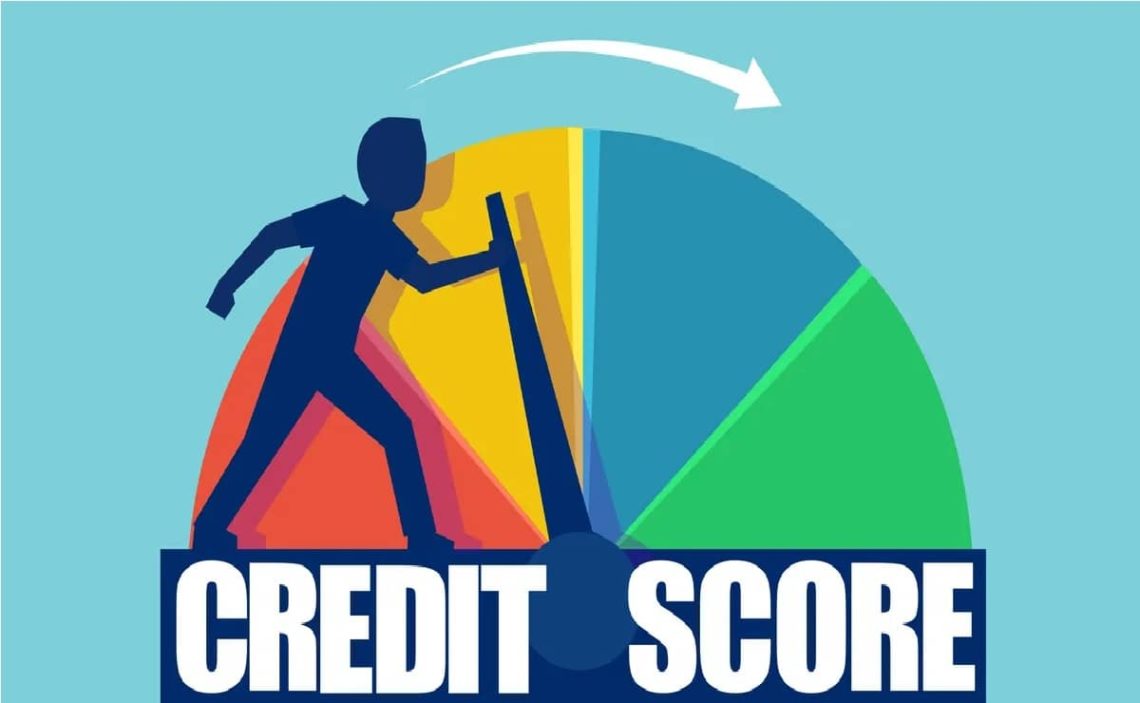Maintaining a good credit score is essential to access credit, insurance and jobs with good benefits. To keep a good credit report and evaluate that the score is the right one, you need to assess it constantly.
However, it is not necessary to check it every day or every week; for that, it is important to find out when the credit score is updated to ensure whether it is still good or it has changed.
The frequency of credit score updates
Whenever lenders or credit card approvers update your information, your credit report is updated to reflect the current value of your account once a month or every 45 days.
Some lenders may update more frequently, but this is not as common. If you pay off your credit card these days, your account balance will be updated immediately on your credit report.
Likewise, the updated date is usually on the report, which is valuable information to determine if there are errors or if the updates are correct. Now, not all lenders make updates on the same day, which would explain the constant updating of the report in a single month.
Changes in your credit score will be significant when changes in loans or credit cards are important. For example, if you regularly pay off your credit card, you won’t see much difference in your credit score.
If you make full payment on a large debt, you may find a significant increase when you check your score.
When should you check your credit score?
It is recommended to check it once a year, but if you want to access credit or loans in a short period, it is advisable to check it a few weeks before applying. Doing it once a month or once every three months is best.
The process will help you have a clear idea of your credit accounts and their status; you will also detail the things that hinder your score and that you could improve to obtain better benefits. In addition, it is the perfect alternative to detect any errors in time and fix them.
When you check your credit score along with your credit report regularly, you can detect if you have been a victim of credit fraud or identity theft and fix the problem in time.
Don’t worry if you want to stay on top of your report; when you do the check, it has no impact, i.e., you can go in every week to check it, and it won’t hurt. However, it is not good to get obsessed about these things.
How to check the credit score?
There are different ways to do the review, one of the most common and quickest is by requesting a free copy through annualcreditreport.com. You can access and order your report by adding information such as your social security number.
If you prefer, you can request your free credit report online through TransUnion, Experian and Equifax. They can send you the information once a week.
The information you’ll see on your credit report
When you receive your report, you’ll notice that it details your financial history for the past five to ten years. It will also reflect personal information, such as your full name, address details, date of birth and contact information.
Below, you will find your credit history, including credit applications you have made, loan defaults, late or missed payments and bankruptcies. Any credit applications you make in the last five years will be recorded on the report.
All this information is used to calculate your credit score; in the end, lenders pay most attention to the final score and the section on late payments, defaults and missed payments.
Therefore, you should avoid making late payments or not meeting the financial commitments you acquire. Likewise, you should avoid having many credit cards, especially those offered by retail stores; they tend to have high-interest rates and a negative impact on your credit report. Finally, your financial movements are detailed in your credit report and credit score.
María Laura Landino is a journalist who graduated from Boston University with more than four years of experience in the financial sector. He has been responsible for several research papers published by major universities.
Content Manager of allaboutgroup company. You will find me in job and Finance sections.



